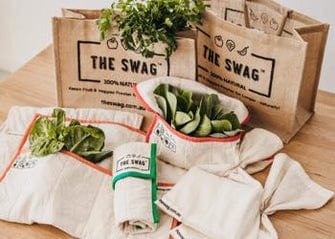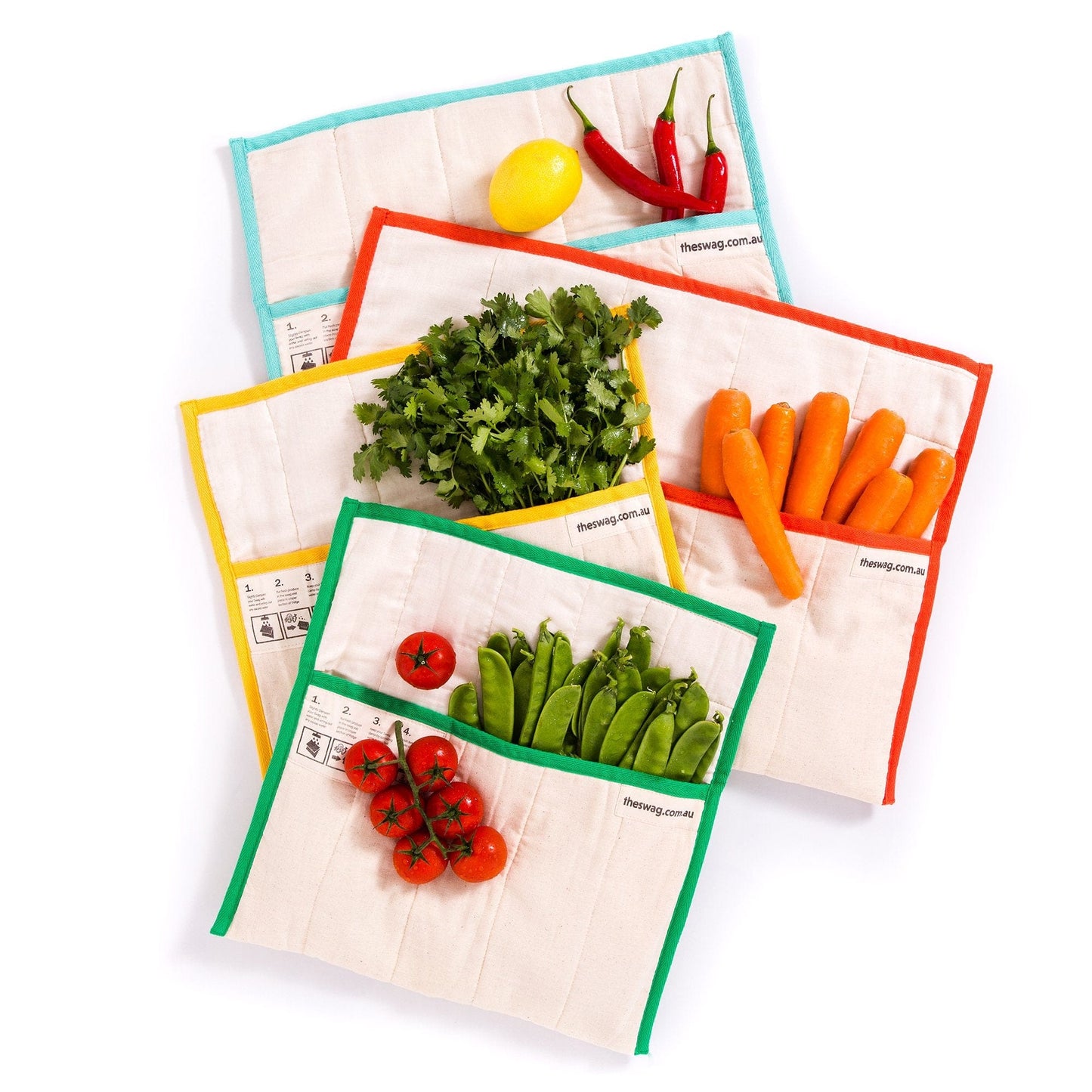Cooking with oil is a daily occurrence for most households and whilst disposing residual cooking oil down the sink may seem like the fastest and most convenient method of disposal, it’s safe to say, fats, oils and grease do not belong in our sewerage system.
Fats and oils can stick to the walls of pipes which will clog them, and they can form oily clumps in drains known as “fatbergs” which only grow bigger and can cause blockages and overflow in our sewerage system.
Aside from damaging your pipes, perhaps more importantly is the damage excess oils and fats can have on our waterways. Oils can travel through our sewerage system and end up in rivers and dams - harming fragile ecosystems. Just 1 litre of oil can contaminate 1 million litres of water! Oil pollution not only prevents plants and wildlife from accessing oxygen, it also disrupts the food chain and takes a long time to recover.
To protect our waterways and improve the welfare of our environment, plus save some $$$ in plumbing fees, here are 5 tips for mindful cooking oil usage and disposal:
1. Re-use Oil
Cooking oil can be used multiple times, as long as it is filtered between each use. We recommend using a mesh strainer and/or cheesecloth (The Swag Produce Bags are a fantastic alternative to cheesecloths!) to filter between each use then storing the remaining oil in a mason jar in a cool, dry place.
Please be mindful that the oil will retain some of the flavours of the food previously cooked with it, regardless of how much it has been filtered.
2. Add to your compost/garden
If you use vegetable oil in your home cooking, the ingredients are usually extracted from foods like olive, nut, soy, corn, sunflower, and grape-seeds - all of which are natural and safe for composting and your garden. Animal fats are also safe to put in the compost/garden, however, be mindful as this may attract unwanted bugs and small animals.
Hot tip: Try not to add too much oil to your compost/garden as it can cause blockages in air and water flow. Don’t have a compost bin and would like to start? Click here.
3. Wipe oily pots and pans with The Swag Non-Paper Towels
Replace single-use paper towels with this eco-friendly alternative - perfect for cooking and cleaning! The oils from the Non-Paper Towels can be removed by soaking them in a bucket of water with baking soda and vinegar for 20 minutes to remove oil and grease then laundered with other towels. The remaining oily water in your bucket is 100% safe to pour in your garden.
Hot tip: rhododendrons, hydrangeas and gardenias thrive on acidity so love a little vinegar pick-me-up!
4. Take used oil to restaurants/cafes for correct disposal
If you know someone who owns a restaurant or cafe with an oil waste disposal system, you can ask if you can combine your oil waste with theirs. Ensure you store your used oil properly in tightly sealed disposable containers or jars for safe transportation and minimal mess. Have satisfaction knowing that your leftover oil is being disposed of properly!
5. Swap cooking methods
Utilising alternate methods with less oil is not only better for the environment, but is also better for our health and can be more delicious and creative! Using an air fryer or oven baking instead of frying will produce similar results with less (or no) oil. Steaming or boiling food is another simple way to cook with no oil required!
We hope these 5 tips reduce your oil usage, guide you to safe and responsible oil disposal practices, and protect our environment through our waterways.



